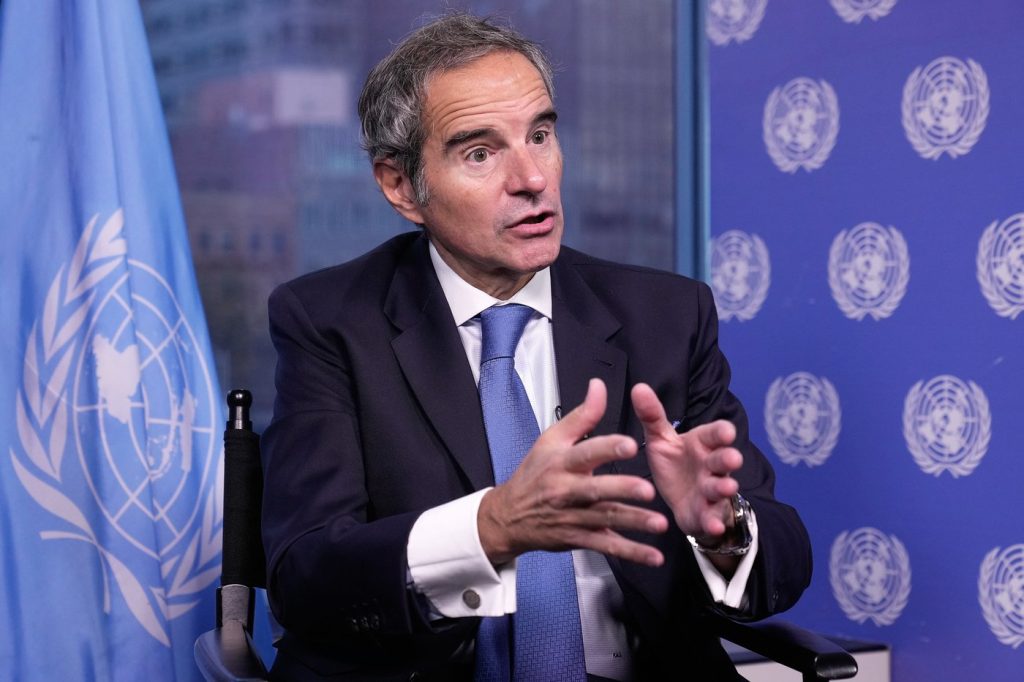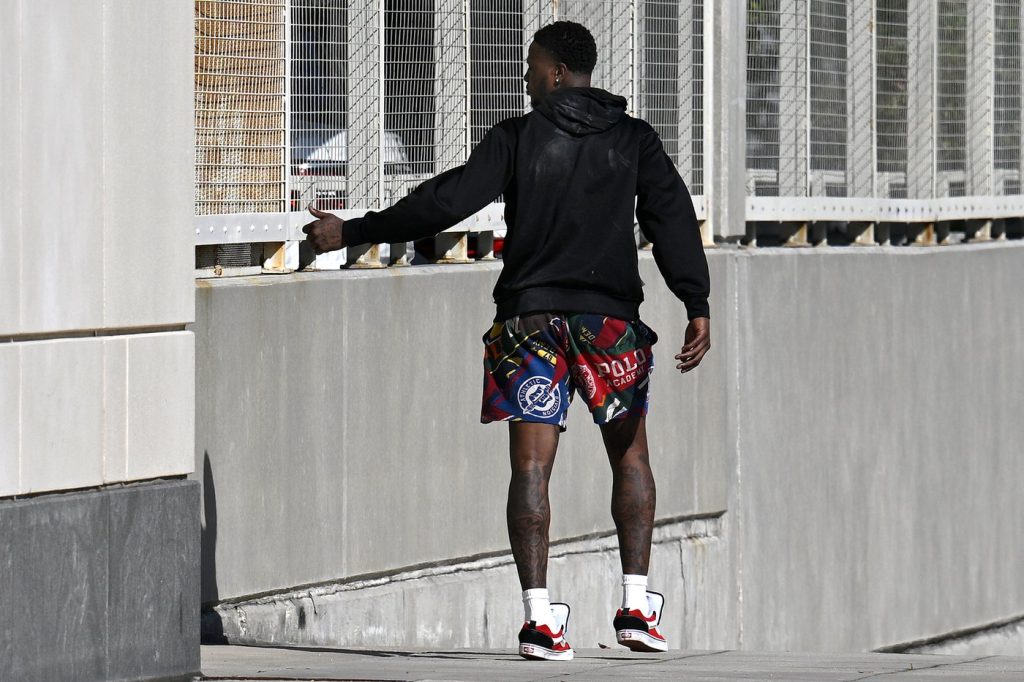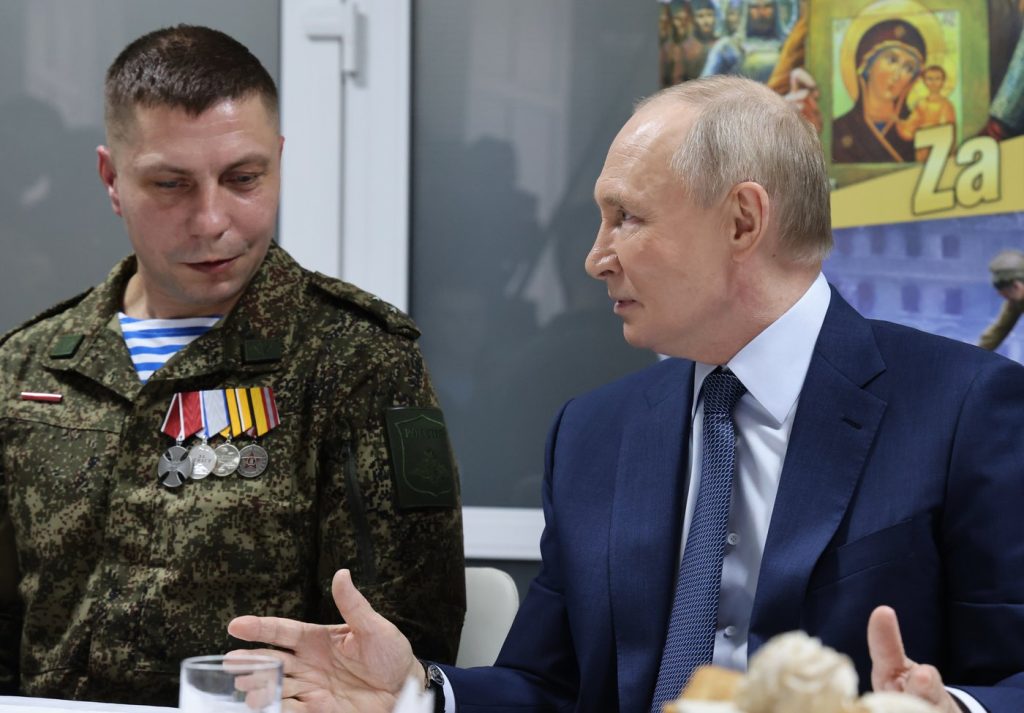UNITED NATIONS (AP) – Iran does not currently appear to be actively enriching uranium, but recent activity at its nuclear facilities has been detected, according to Rafael Mariano Grossi, the director general of the International Atomic Energy Agency (IAEA). In an interview with The Associated Press on Wednesday, Grossi noted that IAEA inspectors have faced challenges in fully accessing these sites. However, satellite imagery has not indicated an acceleration in uranium enrichment since the 12-day war with Israel in June.
Grossi highlighted that Iran still possesses nuclear material enriched to 60%, and this remains a critical point of discussion. He emphasized the importance of verifying that this material is still in Iran and not being diverted for other purposes. Efforts to gain access to the stockpiles have been complicated by the need to rely on satellite imagery, which has limitations in displaying comprehensive details of activities at the sites.
According to Grossi, Iran’s stockpile of enriched uranium could potentially allow the country to produce as many as ten nuclear bombs, should it choose to pursue weaponization. Nevertheless, he made it clear that this does not imply that Iran has constructed such a weapon. Iran has consistently asserted that its nuclear program is intended for peaceful purposes; however, both the IAEA and Western nations allege that Iran had a systematic atomic bomb program prior to 2003.
The Iranian mission at the United Nations has not responded to requests for comments regarding these assertions. Recently, Iran and the IAEA signed an agreement in Cairo aimed at resuming cooperation, including facilitating inspections of Iran’s nuclear facilities. This agreement followed a period during which Iran suspended all cooperation with the IAEA after the conflict with Israel, marked by several U.S. strikes on Iranian nuclear sites.
Following U.S. military involvement, former President Donald Trump claimed the strikes dealt a decisive blow to Iran’s nuclear capabilities. However, preliminary U.S. intelligence assessments suggest that substantial damage was inflicted on key nuclear sites such as Fordo, Natanz, and Isfahan, although they were not completely destroyed. CIA Director John Ratcliffe informed U.S. lawmakers that these strikes rendered Iran's only metal conversion facility inoperative, presenting a significant setback that the country would struggle to overcome.
The IAEA's oversight came under further scrutiny as Israel’s unexpected military actions occurred just after the IAEA board of governors voted to censure Iran for noncompliance, an unprecedented action in two decades. In the aftermath, Iranian officials accused the IAEA of acting in concert with Israel and the United States. The tensions escalated to the point where top Iranian leaders and media demanded that Grossi be arrested if he entered Iran, prompting him to seek protection from Austrian police.
Grossi expressed concern that the conflict between Iran and Israel has reversed years of progress the IAEA made in managing relations with Tehran. He noted that despite recent agreements, the cooperation level with Iran remains insufficient, stating, “It would be incorrect to say they are denying us access. And it would be equally wrong to assume that everything is fine.”
In light of ongoing tensions, U.N. sanctions have been reimposed on Iran due to noncompliance with nuclear agreements, worsening the delicate relationship between the IAEA and Iran. Grossi confirmed that inspectors are present in the country and maintain constant communication with Iranian Foreign Minister Abbas Araghchi, reinforcing the complexities surrounding the oversight of Iran's nuclear ambitions.












